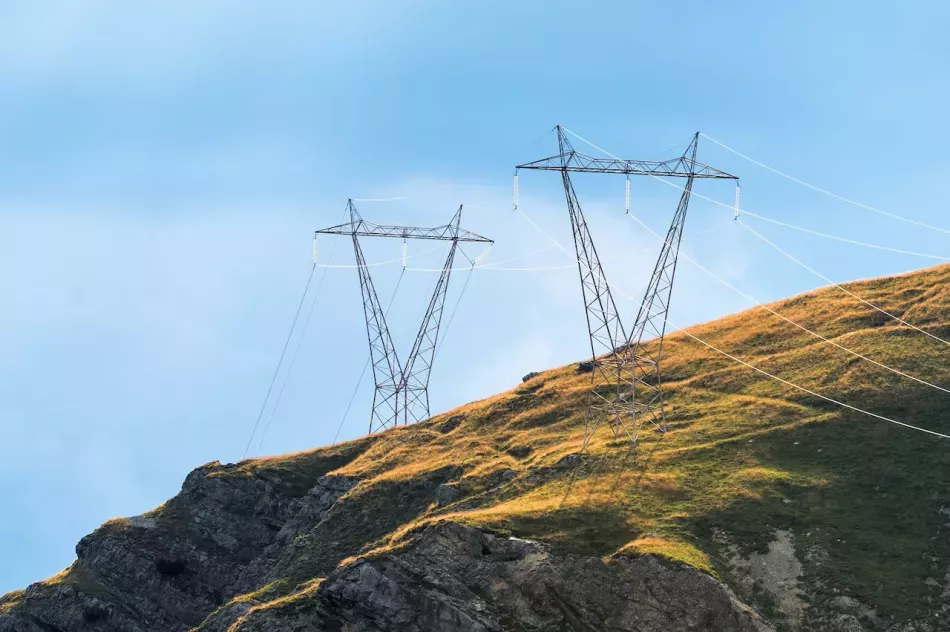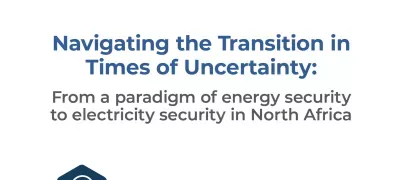
Grids play a crucial role in electricity systems, yet they often receive insufficient attention despite the accelerating clean energy transitions. As countries aim for net zero emissions, bigger, stronger, and smarter grids are essential to accommodate the growing demand for electricity driven by electric vehicles, electric heating and cooling systems, and hydrogen production using electrolysis. Expanded grids are vital for integrating renewable energy sources like wind and solar PV, which are projected to contribute significantly to the global power capacity in the coming decades.
Modern and digital grids are necessary to ensure electricity security during clean energy transitions, particularly as variable renewables such as solar PV and wind become more prevalent. As the demand for system flexibility increases, grids must adapt to leverage distributed resources and technologies like demand response and energy storage through digitalization. However, delays in grid investment and modernization risk hindering energy transitions, leading to higher emissions and increased reliance on fossil fuels.
To accelerate grid development and ensure successful energy transitions, regulatory frameworks must be updated to incentivize grid modernization and efficiency improvements. Long-term planning processes need to integrate grid infrastructure with broader energy transition plans, anticipating future needs and enabling the growth of distributed resources. Increased grid investment, especially in emerging economies, is essential, along with efforts to build secure supply chains and develop a skilled workforce to support grid expansion and modernization efforts.



